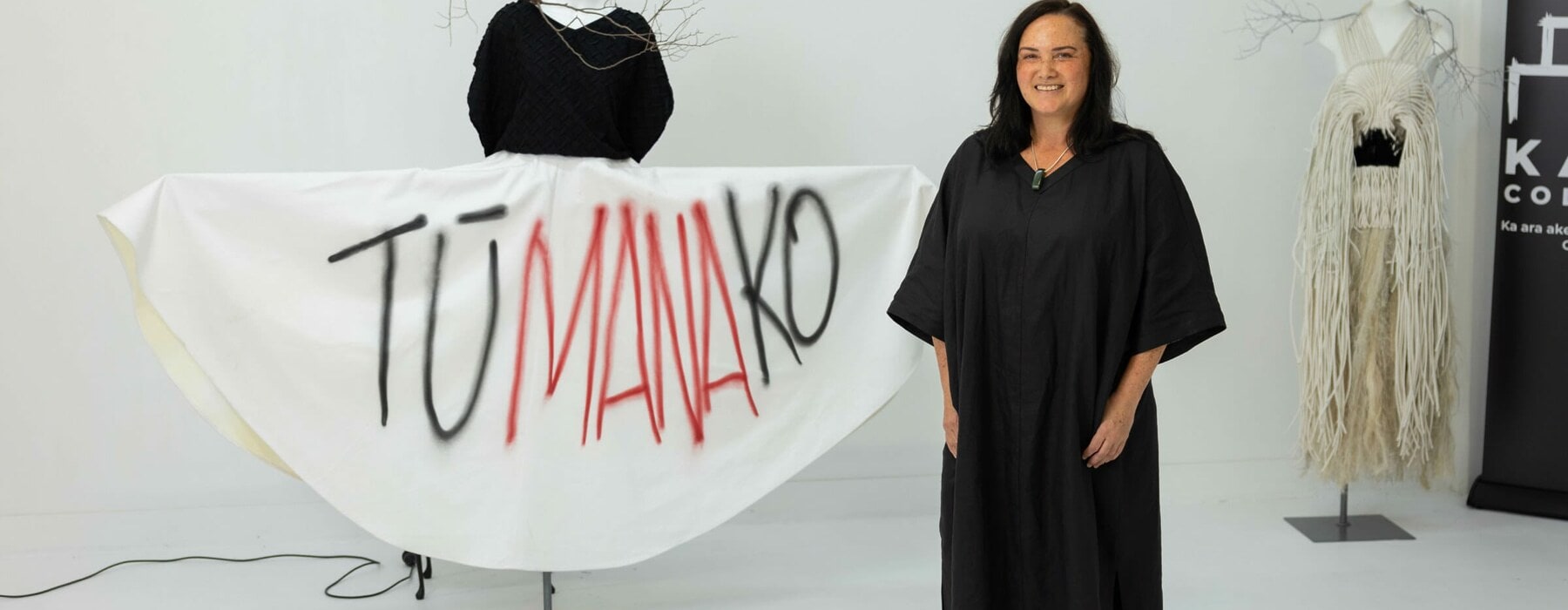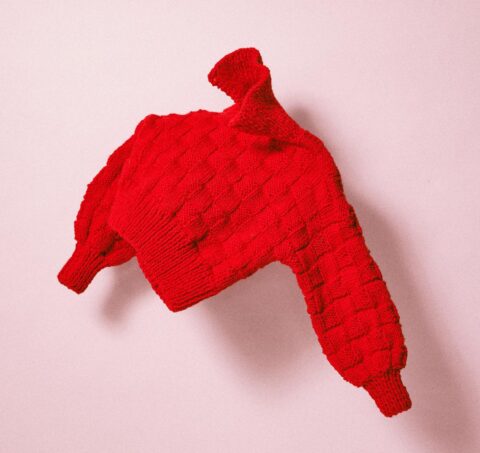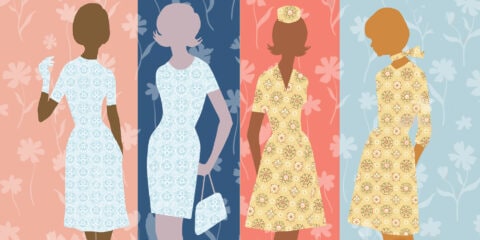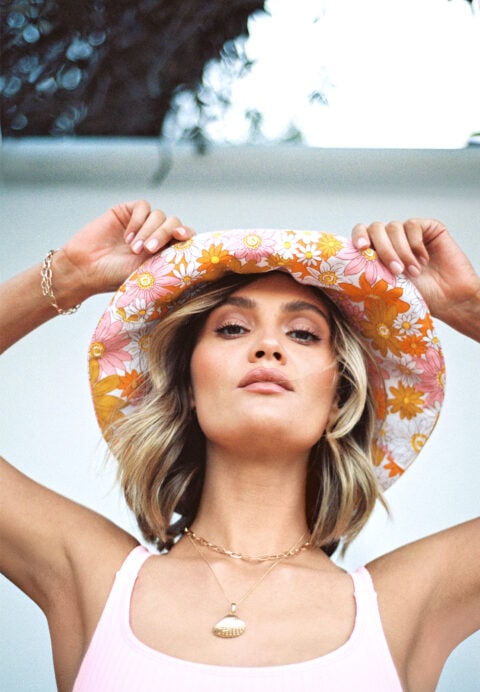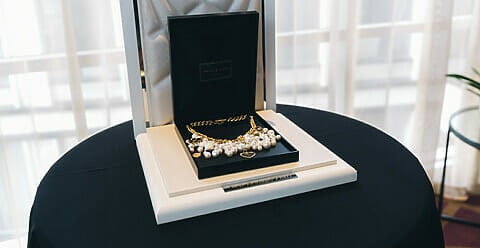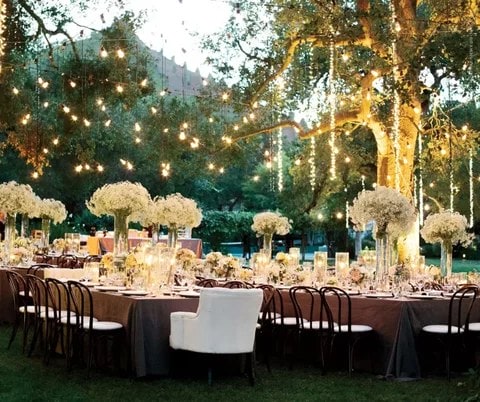Fresh from her stellar runway show at New Zealand Fashion Week: Kahuria 2023, fashion designer, Kiri Nathan, tells journalist and playwright, Aroha Awarau, about her electrifying show.
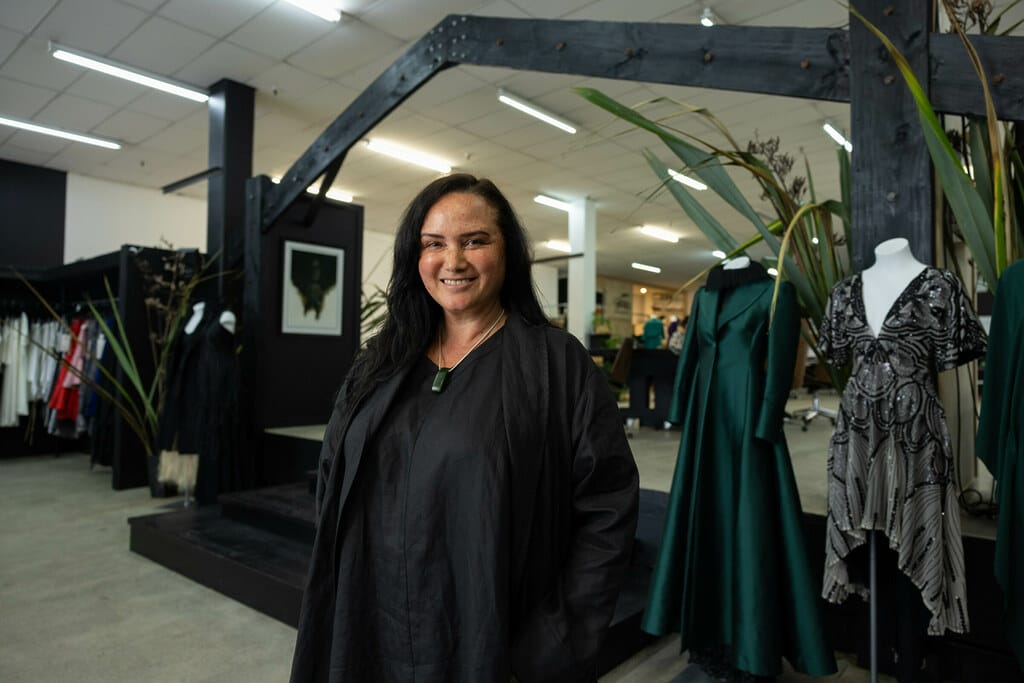
Māori designer, Kiri Nathan (Ngāpuhi, Ngāti Hine, Ngāti Maru, Ngāti Hauā), opened this year’s New Zealand Fashion Week in August, with an emotive runway show chronicling the history of Māori garments. Fashion bible Vogue Australia described the experience as “the changing of the guard” in New Zealand fashion.
Kiri blushes whenever she’s congratulated about the milestone spectacle that she created and, in the process, becoming the very first Māori designer to open New Zealand’s premiere fashion event in its 20-year history.
Instead, Kiri prefers to give credit to the 280 whānau and friends who worked tirelessly to make the show happen. Importantly, she also acknowledges the up-and-coming Māori and indigenous fashion designers that are making their own mark in the fashion industry.
“After the show, we were given a full-house standing ovation. It was joyous and celebratory. This kind of reception hardly happens at New Zealand Fashion Week. Everyone connected and responded to the runway experience. It made an impact,” Kiri explains.
“It was a powerful moment for Māori fashion. The garments told stories of how Māori wore and made clothes, based on social and environmental impacts. Our history and our aspirations for the future were all connected.”
Kiri established her eponymous high-end brand thirteen years ago. Her distinctive fashion garments, jewellery, and pounamu designed by co-founder and husband Jason Nathan, weave together Māori culture, tradition, and contemporary designs. She uses ancient techniques like weaving, and kākahu (handwoven garments and cloaks) to create her pieces. Her clothes honour the world of Māori by acknowledging whakapapa (genealogy) and utilise sustainable materials to form a deeper connection to the environment.
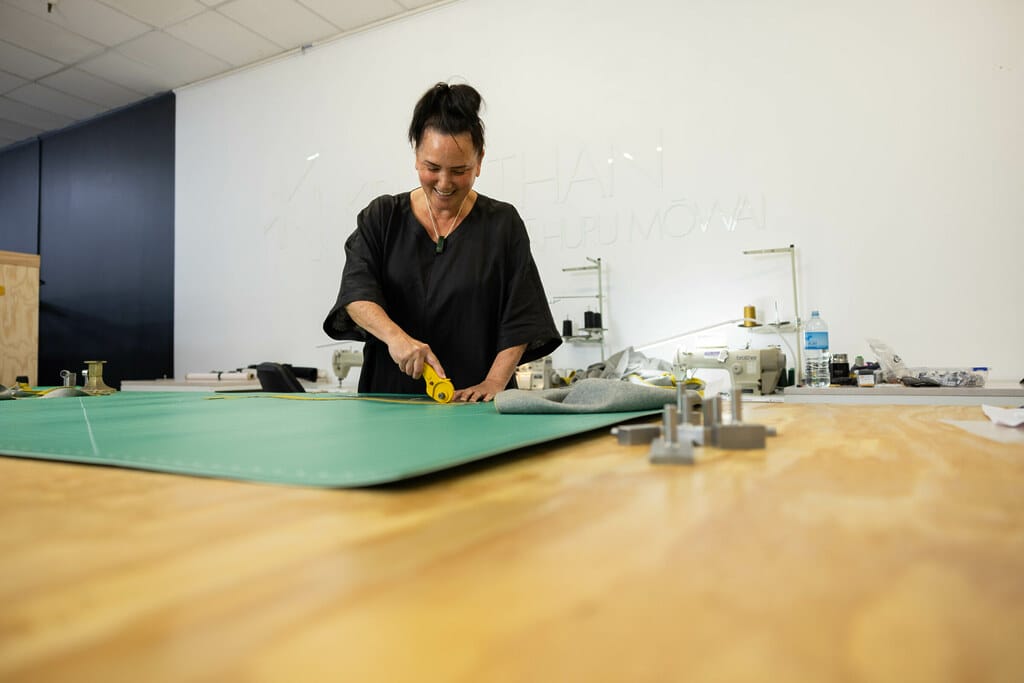
When Kiri first started her brand, some fashion insiders told her that her unapologetic focus on Māori and indigenous ideologies had no place in modern fashion. But Kiri stuck to her principles, believing that her authentic indigenous lens was what made her unique, and her brand became well-known locally and internationally. She has designed garments and gifted pounamu and kākahu to international personalities like Barack Obama, Meghan Markle, Beyoncé and Mariah Carey, and her gowns have appeared on the red carpet at the Oscars and Hollywood premieres.
“It’s been an evolution, for me personally, as a creative and as a businesswoman. I continue to learn and grow. During the early years, it was extremely challenging. There were many negative experiences within the industry, I found the frameworks and how people treated each other especially difficult.”
Kiri’s business has become so successful that a year ago she moved her base from her tiny Auckland home and studio, into her own showroom and operations hub situated in the heart of the Auckland suburb of Glen Innes. Named Te Āhuru Mōwai, meaning shelter or safe haven, the working space is where Kiri not only makes her clothing and woven kākahu, but it’s also a community hub for the future of Aotearoa fashion to be mentored in design and business.
Kiri proudly takes us on a tour of her immaculate showroom, renovated from recycled and repurposed wood and furniture. Clothing is not arranged in seasons, like other fashion houses. Instead, they are arranged by various components of the Māori world. For instance, there’s a Matariki collection, with each garment inspired by the nine stars of Matariki.
She based her workshop in the working class suburb of Glen Innes, as opposed to the inner city, because Glen Innes is where Kiri was raised and went to school. It was important to return home, to re-connect and give back to her community.
“My formative years were spent here in Glen Innes. This is where my creativity started, it was an outlet that always brought me into a space that felt safe and secure.”
There are many taonga (treasures) displayed inside Te Āhuru Mōwai that have great significance. In one corner lies a giant mauri greenstone gifted to her by the people of the South Island iwi of Kai Tahu. In another corner is her most precious taonga, an old Singer sewing machine owned by her paternal grandmother, Inez Fullerton. Inez was a talented seamstress who sewed and knitted clothes for her whanau.
“I used to sit at the foot of the sewing machine and spent hours watching grandma sew. I used to watch her cut patterns and make clothes. It was calming for me,” adds Kiri.
“As I got older, she let me have a go at sewing and making clothes. I always wanted a place to honour her sewing machine and the memories that it holds.”
At 18, Kiri became a single mother to her son Astley. To help provide a future for herself and her baby, Kiri spent three years completing a diploma in visual arts at the Manukau Institute of Technology, majoring in fashion. But after she graduated, Kiri was disheartened with fashion and became a flight attendant and an in-flight manager for Ansett and Air New Zealand for fourteen years.
“By the end of the three years of study, I never wanted to see a sewing machine again. The theory-based course killed my desire to create for years.”
She met her husband Jason and his daughter Ahmardia in 1998. They married and went on to have three more children.
While juggling a career at Air New Zealand and family life, Kiri entered various fashion competitions including the New Zealand Wearable Art Awards. In 2008, she won the Supreme Award at Style Pasifika with a garment that was inspired by a picture of her grandparents when they were younger. Winning the major prize, and with the support from her husband, they had the confidence to start their own label.
“We were clueless, completely green with no idea where to start. In our divine wisdom, we thought it would be a wonderful idea to start a business, and work around the kids.”
Today, that decision has paid off. Kiri has become a major influence in New Zealand fashion and for indigenous designers around the world. She became a member of the New Zealand Order of Merit in 2020 for her contribution to Māori and the fashion industry.
In 2017, she founded Kahui Collective, a community to support Māori fashion designers in their businesses and creative endeavours.
“It’s important to bring all of our like-minded and creative whānau together. We’re in an industry that is still on its journey to fully understanding and realising the potential of Māori fashion. For Māori fashion to be successful, it has to be a collective effort.”
This article was published in Volume 1 of WOMAN Magazine, on sale now at all good magazine retailers.
This is public interest journalism funded by NZ on Air.

Related Article: Pacific Health Leader Shares Her Painful Medical Battle

